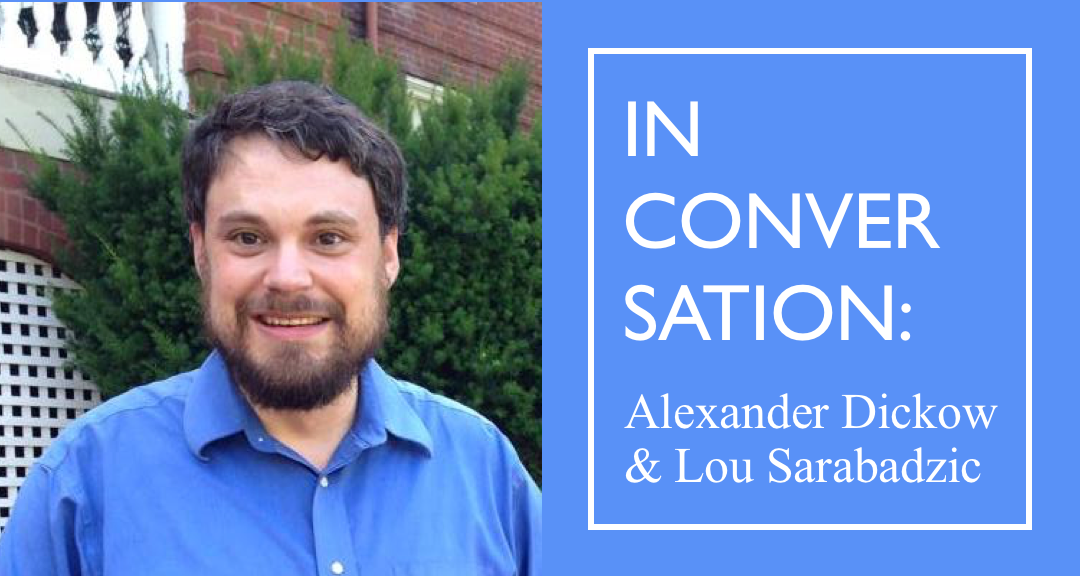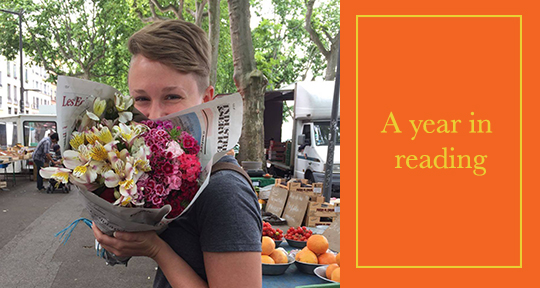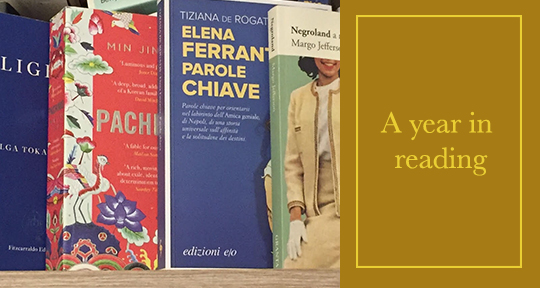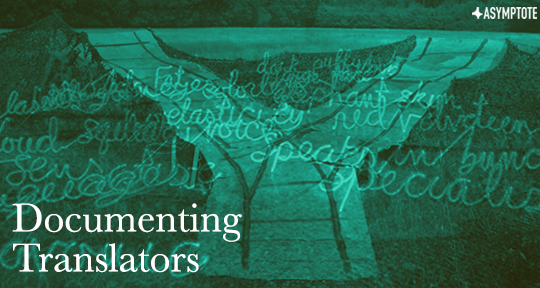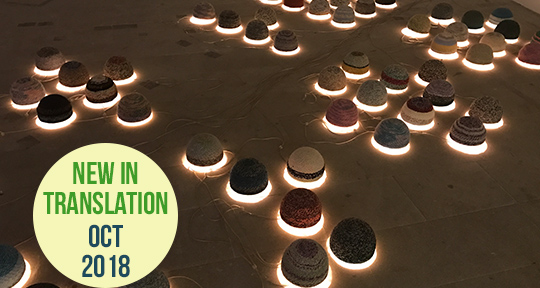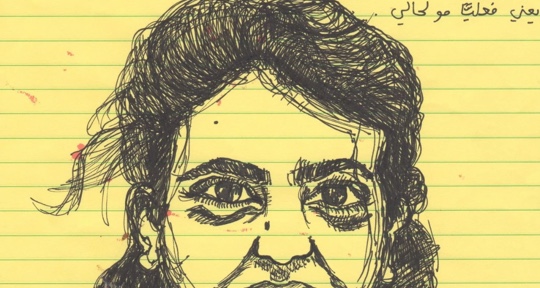France’s revolutionary past and future come together in Claire Jacobson’s reflections on the gilets jaunes movement and its connections to Victor Hugo’s famous revolutionaries in Les Misérables. Read on for Kylian Mbappé, Édouard Louis, and Emmanuel Macron. Vive la Révolution!
Marius and Enjolras didn’t wear yellow vests to the barricade on rue de la Chanvrerie, at least not as Victor Hugo tells it. But after watching a group of gilets jaunes attack three police officers on the Champs-Élysées on BFMTV the weekend before Christmas, the comparison suddenly didn’t seem so far-fetched.
I was in Paris with friends to see the PSG-Nantes game that evening, enjoying Turkish kebab in Boulogne-Billancourt and then cheerfully singing “joyeux anniversaire” to World Cup hero Kylian Mbappé with a stadium full of his adoring fans, and we didn’t hear the news from the Champs-Élysées until the next morning. It seemed inconceivable that such a thing could be happening scarcely five kilometers away while we chanted “ici c’est Paris!” and picked apart Paris Saint-Germain’s defensive strategy from the nosebleeds. Inconceivable, and yet it made a strange kind of sense; what the gilets jaunes lost in numbers each week, they seemed to make up in desperation and increasing anger worthy of the most vehement nineteenth-century revolutionaries.
I was thirteen when I first heard Les Misérables all the way through, listening to my parents’ Original Broadway Cast Album cassette tape in the car over and over as we moved from Seattle to Iowa City. We saw the touring cast perform in Madison a few years later, and went to see the movie as a family when it came out on Christmas. So when I picked up the book at the end of November, I read with the gilets jaunes watching over my shoulder and the musical whispering in my ear.
Knowing the musical backwards and forwards has actually helped me while reading, keeping the greater narrative arc in view despite frequent digressions analyzing corrupt church leadership, all of the potential reasons Napoleon lost at Waterloo, or the value of monasticism to society. The unabridged French edition is 1,254 pages, which I read alongside the Fahnestock and MacAfee translation, an update of Charles Wilbour’s 1862 original. READ MORE…


